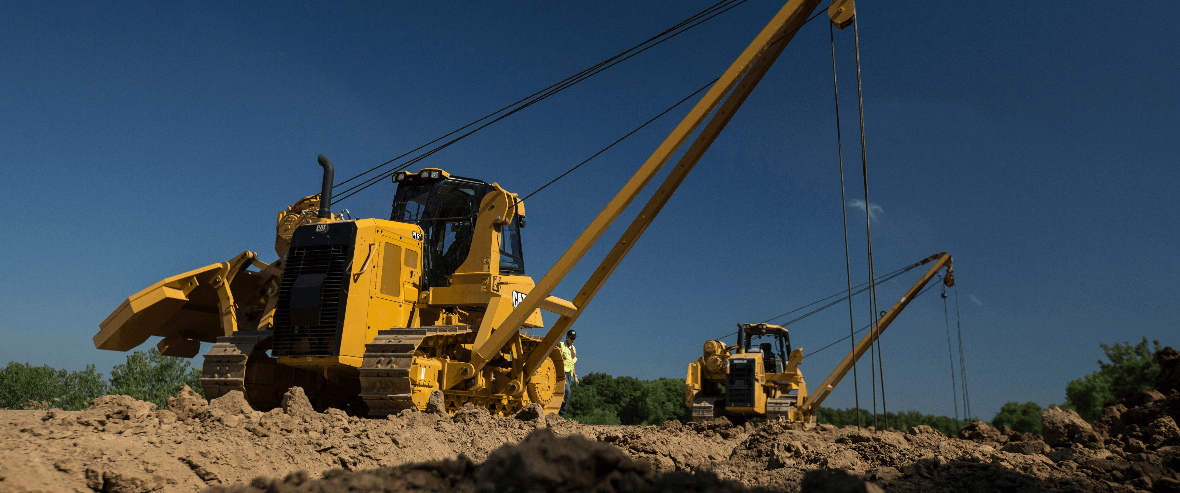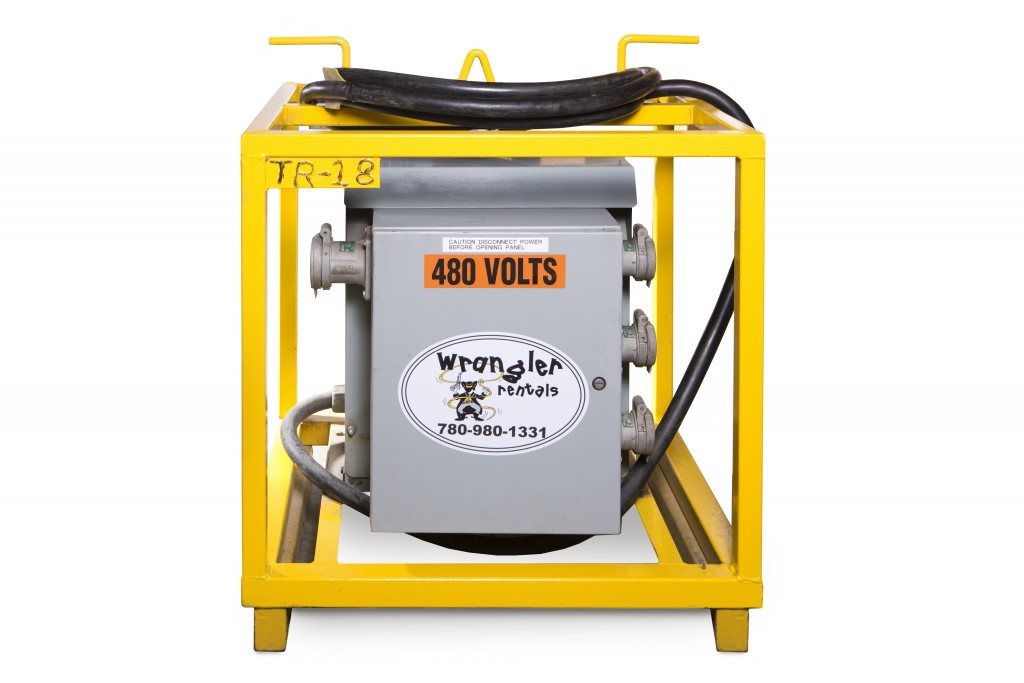Superior Rentals fusion machines: how they work for energy infrastructure
A Comprehensive Guide to the Different Types of Oil Field Equipment and Pipeline Equipment Available
The oil and gas sector depends greatly on customized devices for efficient extraction and transportation. Different kinds of equipment, from piercing rigs to tank, play vital functions in this complicated procedure. Each tool offers unique features that add to general functional success. Comprehending these components is crucial for any person entailed in the sector. As the industry progresses, so as well do the modern technologies that sustain it. What innovations are on the perspective?

Drilling Rigs: The Foundation of Oil Exploration
Drilling rigs function as the crucial machinery in the domain of oil expedition, enabling business to access hydrocarbon books buried deep underneath the Earth's surface. These rigs can be found in different types, consisting of land rigs, offshore rigs, and mobile units, each designed to operate in details environments. Outfitted with advanced innovation, drilling rigs can permeate geological developments with precision, making sure efficient resource removal. The structural stability and functional capabilities of these rigs are important, as they must stand up to severe conditions and considerable stress. The option of an exploration gear affects the total task price and timeline, making it a crucial consideration for oil firms seeking to optimize their expedition efforts and make the most of productivity in their procedures.
Pumps: Essential for Fluid Motion
In the oil extraction process, the role of pumps is significant, helping with the movement of fluids throughout various stages of production. Pumps are important for transferring unrefined oil, water, and other liquids from underground reservoirs to the surface and afterwards through pipes to refineries. They can be found in numerous kinds, consisting of centrifugal, positive displacement, and submersible pumps, each offering details functions based on the fluid characteristics and functional needs. Centrifugal pumps are frequently utilized for their effectiveness in high-flow applications, while positive variation pumps stand out in dealing with viscous liquids. The selection of pump effects overall performance, functional safety, and upkeep expenses. Proper option and maintenance of pumps are vital for maximizing production and minimizing downtime in oil area operations.
Valves: Managing Flow and Pressure

Shutoffs play an essential role in handling the circulation and pressure of liquids within oil areas and pipelines. Various sorts of shutoffs offer distinct applications, each created to meet details functions essential for effective procedure - Superior Oilfield Rentals Texas. Comprehending the features and usages of these shutoffs is essential for optimizing system performance and security
Sorts of Valves
Necessary parts in oil area procedures, shutoffs play a critical duty in regulating the circulation and stress of liquids within pipes and devices. Different types of valves are utilized to meet the varied demands of oil and gas manufacturing. Common kinds include gate valves, which provide a straight-line circulation and marginal stress decrease; world valves, known for their strangling capabilities; and ball shutoffs, acknowledged for their quick on/off control. Additionally, check shutoffs stop backflow, while butterfly shutoffs supply a light-weight remedy for controling flow. Each valve type is created with details products and configurations to withstand the rough conditions typically located in oil areas, making certain dependability and effectiveness in operations. Understanding these kinds is essential for efficient system management.
Valve Applications and Functions
While various kinds of valves serve distinctive functions, their primary applications focus on regulating flow and stress within oil and gas systems. Shutoffs such as gate, world, and ball valves regulate liquid movement, making certain peak efficiency and safety and security. Gateway valves are commonly made use of for on/off control, offering marginal flow resistance. World valves, on the various other hand, deal accurate circulation policy, making them ideal for throttling applications. Sphere shutoffs are favored for their quick procedure and tight sealing capabilities. In enhancement, stress relief valves are vital for preventing system overpressure, guarding devices honesty. In general, the ideal option and application of valves boost operational effectiveness, making certain the dependable transportation of oil and gas via pipelines and processing facilities.
Compressors: Enhancing Gas Transport
Compressors play a crucial role in the effective transportation of all-natural gas, making sure that it relocates efficiently through pipelines over cross countries. These devices enhance the pressure of gas, permitting it to overcome friction and elevation changes within the pipeline system. Furthermore, compressors assist in the harmonizing of supply and demand, fitting changes in usage and production rates. Different types of compressors are utilized in the market, consisting of centrifugal, reciprocating, and rotating screw compressors, each offering unique benefits based upon the functional needs. Regular maintenance of these compressors is vital to maximize efficiency and reduce downtime, eventually adding to a trustworthy gas transportation network. Their vital function underscores the value of compressors in the total oil and gas facilities.
Storage Tanks: Safe and Reliable Fluid Management
Efficient transportation of all-natural gas counts on various sustaining systems, among which is the appropriate monitoring of tank. These containers play an essential role in safely containing liquids, making certain that functional effectiveness is preserved while reducing environmental threats. Created from durable materials, they are made to hold up against high stress and destructive elements. Effectively sized and purposefully located, storage space tanks facilitate the smooth circulation of gas and other liquids, avoiding traffic jams in supply chains. Regular upkeep and monitoring are essential to identify leaks or architectural issues, advertising safety and conformity with regulatory requirements. Ultimately, the efficient monitoring of storage tanks is critical for the general integrity and dependability of the oil and gas sector's fluid handling systems.
Pipeline Solutions: Framework for Transportation
Pipeline systems act as the foundation of the oil and gas industry, assisting in the reliable transport of hydrocarbons try here over vast distances. These systems are composed of numerous components, including pipelines, valves, pumps, and compressors, all thoroughly made to guarantee seamless circulation. The products used in pipeline building, usually steel or high-density polyethylene, are selected for toughness and resistance to deterioration. Pipeline networks can cover across land and water, linking manufacturing websites to refineries and circulation. In addition, progressed modern technology enables real-time monitoring of flow rates and pressure levels, enhancing operational performance. The calculated positioning of these pipes minimizes environmental effect while taking full advantage of source access, thereby playing a vital duty in conference power needs globally.
Security Equipment: Guaranteeing Employee and Environmental Management
The procedure of pipeline construction lifting equipment systems, while important for power transport, additionally presents significant safety difficulties for employees and the setting. Safety devices plays a substantial role in reducing these threats. Personal protective equipment (PPE) such as headgears, handwear covers, and non-slip shoes safeguards employees from physical hazards. Additionally, gas discovery systems check for leaks, guaranteeing that dangerous substances do not present a danger to employees or the bordering environment. Emergency closure systems are crucial for swiftly halting operations throughout a dilemma, protecting against prospective disasters. Spill control materials, consisting of absorbents and obstacles, are essential for reducing environmental influence. Generally, purchasing all-encompassing security equipment is important for maintaining functional honesty and securing both workers and the atmosphere in the oil and gas field.

Regularly Asked Inquiries
Just how Do I Pick the Right Oil Field Equipment for My Task?
Picking the appropriate oil area tools includes examining job specs, budget constraints, and operational needs. Take into consideration aspects such as devices dependability, compatibility with existing systems, and the provider's reputation to guarantee peak efficiency and safety and security.
What Are the Upkeep Requirements for Oil Field Equipment?
Maintenance needs for oil field devices consist of regular inspections, lubrication, and prompt repair services. Operators must also stick to maker guidelines, monitor efficiency metrics, and assurance compliance with safety laws to improve durability and efficiency.

How Can I Guarantee Compliance With Environmental Rules?
To assure compliance with environmental policies, business need to perform normal audits, implement finest practices, purchase training, keep correct documents, and remain upgraded on regulation (Superior Rentals near me). Partnership with environmental firms can also boost adherence to laws
What Is the Ordinary Life-span of Pipeline Equipment?
The typical life expectancy of pipeline devices normally ranges from 20 to 50 years, relying on factors such as worldly top quality, ecological conditions, and upkeep methods. Routine evaluations can greatly influence long life and operational performance.
How Do I Safely Move Oil Field Equipment to Remote Locations?
Moving oil useful site area tools to remote locations requires cautious preparation, consisting of route evaluation, safeguarding authorizations, using proper lorries, and guaranteeing safety methods are complied with. Proper training and interaction among crews are crucial for successful transportation.